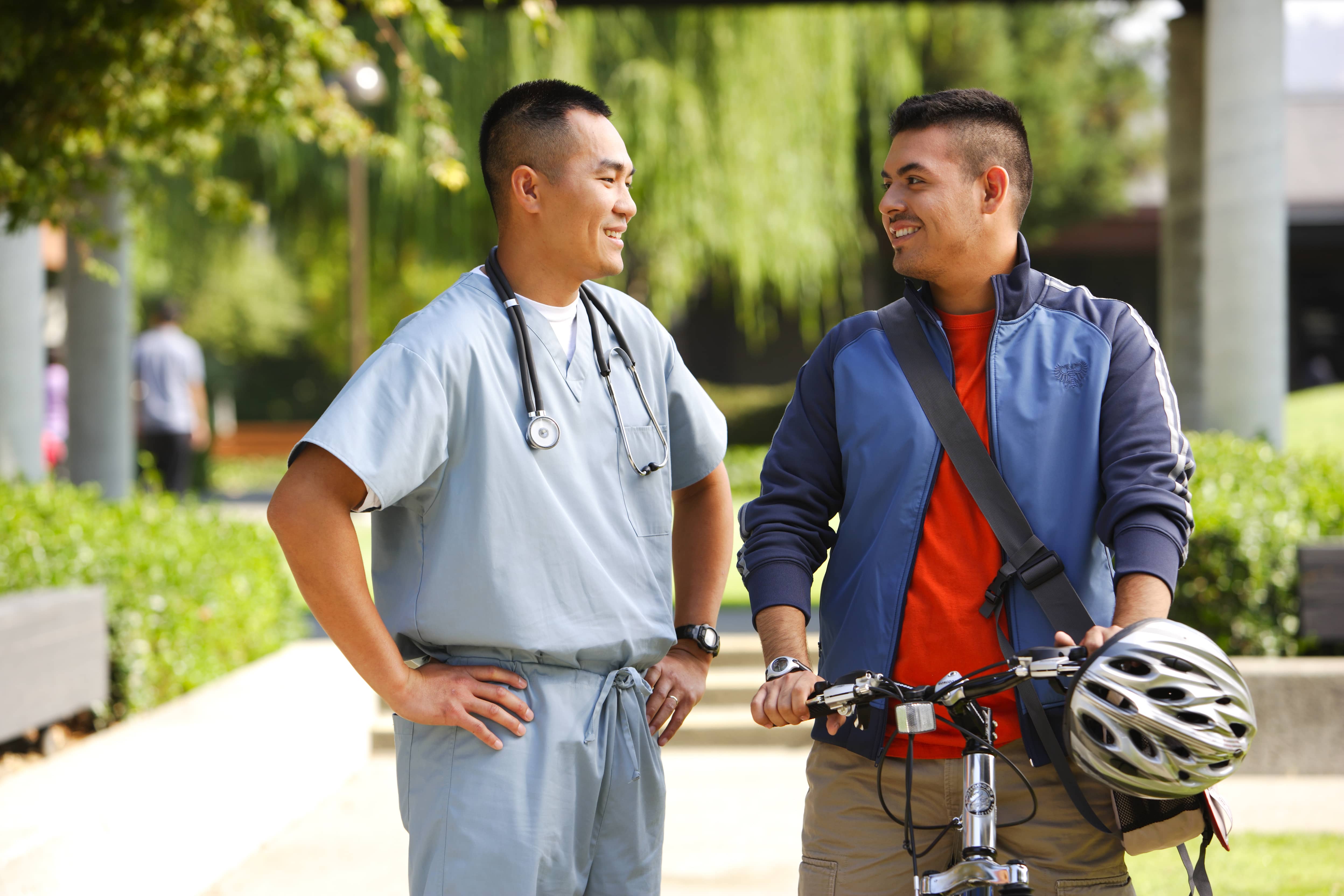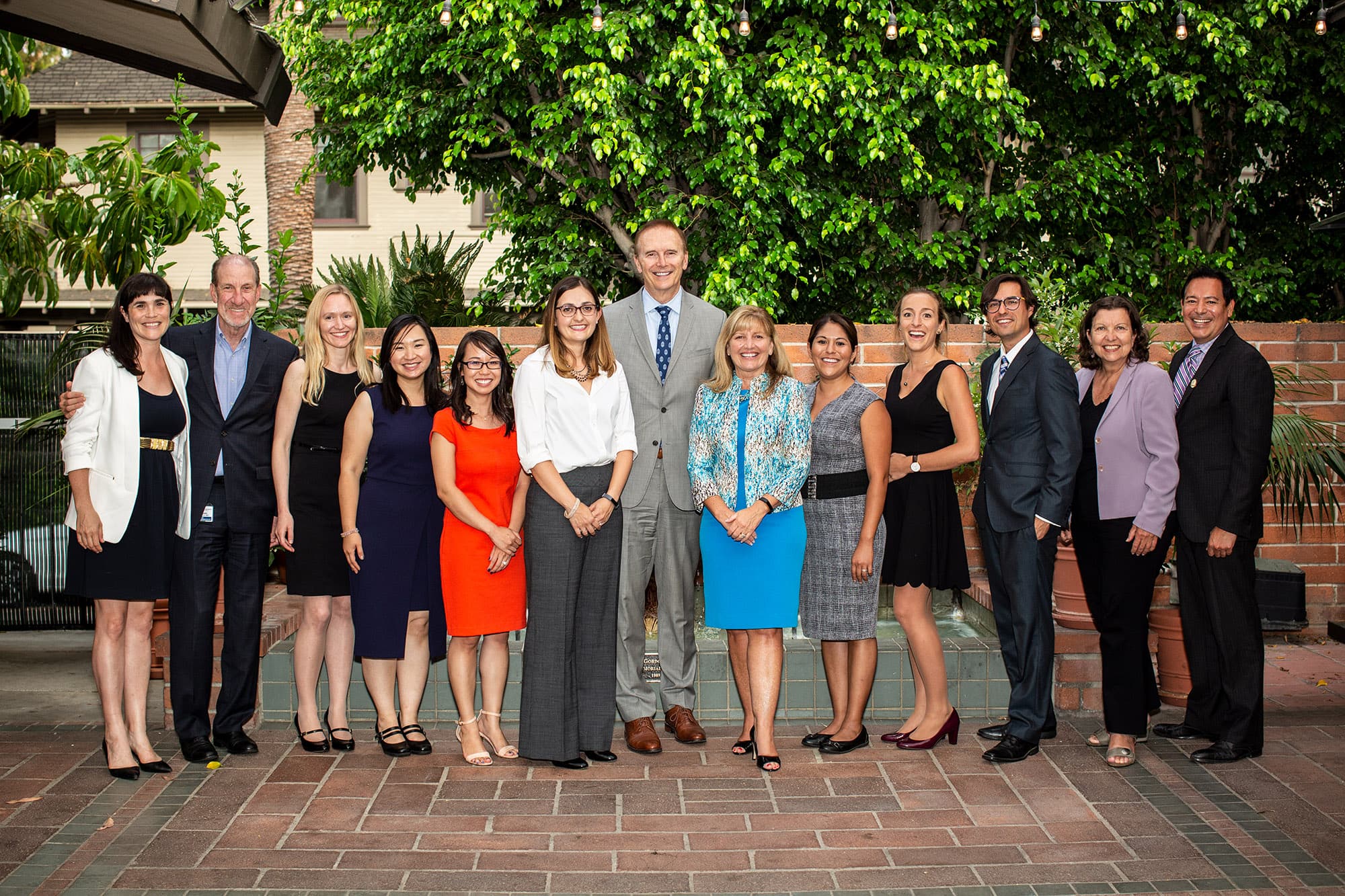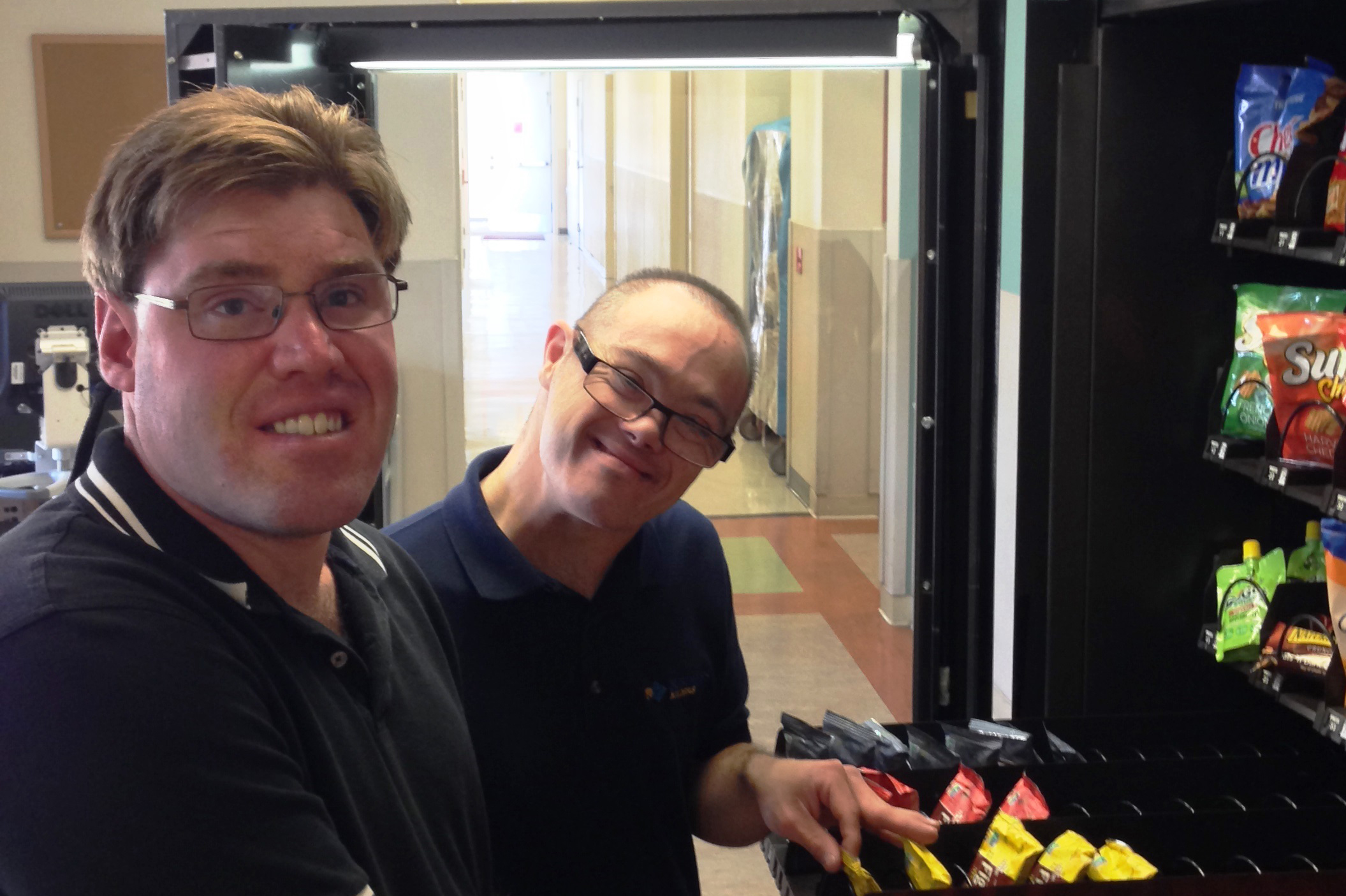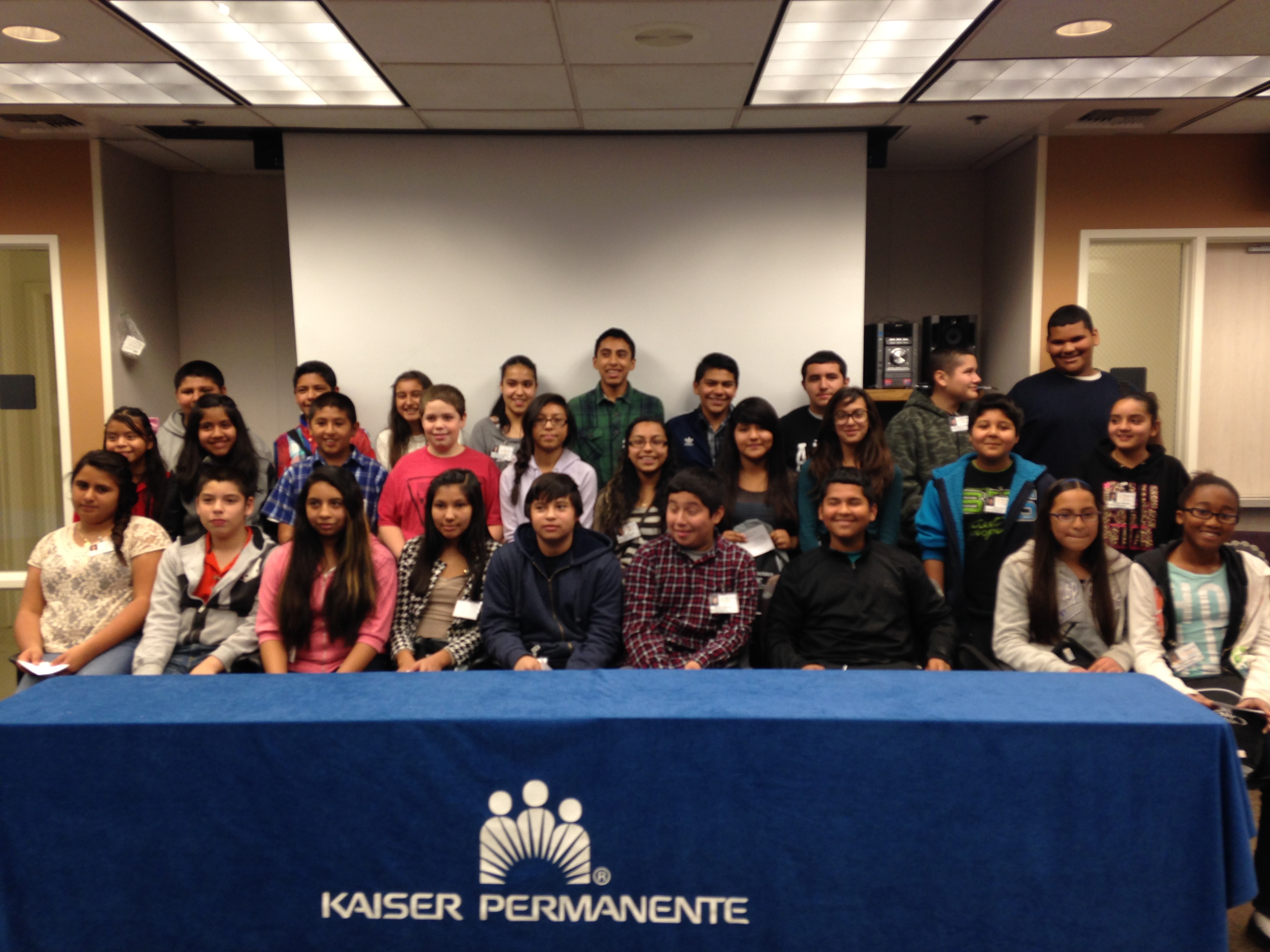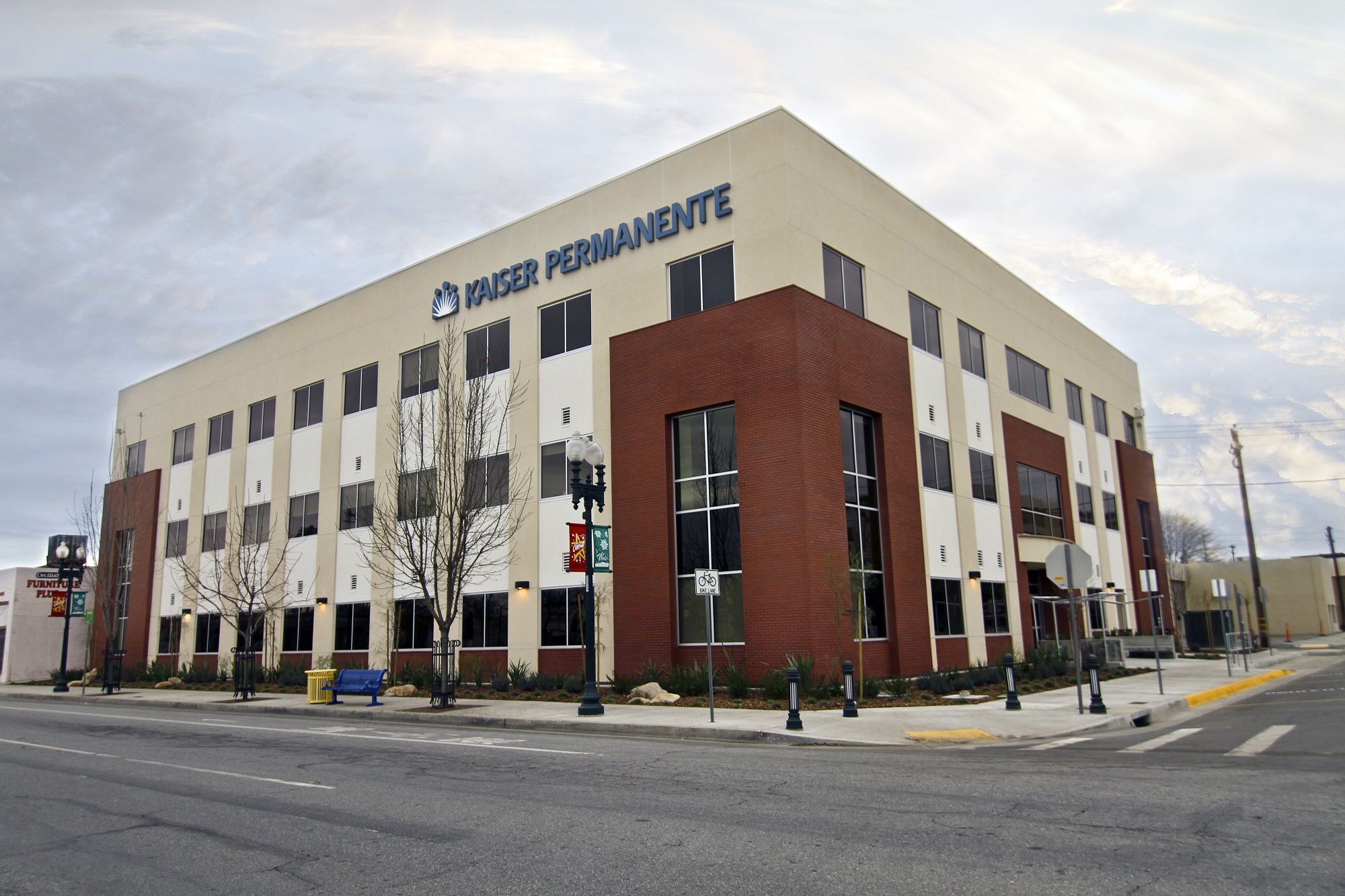
Kern County Area
Community Health is central to our mission because healthy communities are where people thrive. Like our approach to medicine, our work in the community takes a prevention-focused, evidence-based approach. In pursuit of our mission we go beyond traditional corporate philanthropy and grant-making to leverage our internal resources with our physician expertise, clinical practices, health education expertise, and technical assistance. Our commitment to community includes a robust engagement process that lifts the voice of community members and highlights priority health needs in our 2022 Community Health Needs Assessments (CHNA). Through this process, Southern California Kaiser Foundation Hospitals identified urgent social and economic factors that negatively impact community health.
Based on the CHNA findings, the 2022 Implementation Strategy (IS) Plans of Southern California Kaiser Foundation Hospitals apply a health equity lens to outline our commitment to invest, partner, and drive change to improve the health of individuals in communities we serve. While each Kaiser Foundation Hospital IS plan is unique to its service area, the high-level focus areas and strategic priorities we aim to address across Southern California in partnership with community organizations are listed below:
Access to Care: Access to comprehensive, quality health care services is critical for ensuring quality of life. Example measures of access include health care coverage and uninsurance, access to oral health and specialty care, and birth outcomes.
Housing: Safe and secure housing is essential for the health of individuals and families. Example measures include home ownership and homelessness, housing affordability, quality, and cost burden.
Income and Employment: Economic opportunity provides individuals with jobs, income, a sense of purpose, and opportunities to improve their economic circumstances over time. Example measures include poverty and unemployment rates, and income inequality.
Mental and Behavioral Health: Mental & behavioral health affects all areas of life, including a person’s physical well-being, ability to work and perform well in school, and to participate fully in family and community activities. Example measures include access to mental health care, poor mental health and stress, and suicide and deaths of despair (Note: there is a separate need category for substance use).
Across these areas, we work to inspire and support people to be healthier in all aspects of their lives, and build stronger, healthier communities. In addition to dedicating resources through Community Benefit, we also leverage substantial additional assets that improve community health, including our healthcare workforce volunteerism.
Note: While Kaiser Permanente is committed to addressing these needs, local medical centers will strategically and carefully invite community partners to apply for funding in order to address needs that align with the local Implementation Strategy Plans, which may have some variations of the strategic priorities listed above. Please scroll down to view the areas that are currently being funded in this medical center.
Recent Related News
- May 22, 2018 – Kaiser Permanente Announces $200 Million Impact Investment, Partners with U.S. Mayors and CEOs
- May 14, 2018 – Leadership Winner Recognizes Health Depends on Economic Opportunities
- May 14, 2018 – Kaiser Permanente Joins de Beaumont Foundation as National Partner in CityHealth Initiative
Kern County Area Grants Program
The Kaiser Permanente Kern County Service Area 2023 Community Benefit Grants are awarded through a “By Invitation Only” grant process.
Kaiser Permanente Kern provides grants to local nonprofit health and human service organizations that address the priority health needs for its community service area. The current funding priorities, funding timeline, and guidelines on how to apply are provided below.
If you would like to apply for Grant or Sponsorship Funding for a broader service area in Southern California or Nationally, visit this site for more information and to apply.
If you would like to apply for a local event sponsorship, such as: special fund raising events (luncheons, recognition dinners); conferences; symposia; public policy briefings; and health education forums; visit this site for more information and to apply.
Current Grant Funding Priorities
Kaiser Permanente Kern County Area is currently focused on supporting the following health needs and related strategic priorities. Reviewing this area will help to ensure that your proposed grant project is aligned with these priorities.
Increased access to care for low-income at-risk populations
- Support organizations that build capacity, provide information about coverage options, assist with eligibility screening, application and enrollment, and advocate for increasing coverage options for low-income individuals
All people have access to a robust network of community organizations to meet their social health needs
- Support community based organization capacity building, including but not limited to staffing, training, leadership development, and policy advocacy
- Strengthen community networks by supporting community or navigation centers, community advisory councils, and interoperability with other systems
Reduced structural barriers and improved opportunities for inclusive economic mobility
- Support programs that improve high school attendance, achievement, and/or graduation for students of color in lowincome areas
- Improve individual financial health by supporting housing, workforce development, or other organizations that embed or enhance financial coaching services
A systemwide approach to preventing and mitigating the negative impacts of trauma
- Support Black, Indigenous, People of Color (BIPOC)-led organizations that advance best practices for preventing and/or mitigating the impacts of ACEs, toxic stress, and trauma for communities disproportionately experiencing inequities
- Enhance career pathways by partnering with workforce development organizations to develop and implement job training and placement programs, including pre-apprenticeship programs
- Provide core support to safety net organizations, allowing these organizations to implement initiatives appropriate for the needs of their population (e.g., expansion of specialty care, providing more virtual care for nonsurgical specialties)
Applicant Eligibility
To be eligible for a Kaiser Permanente Kern County Area Community Health grant, an applicant organization (or fiscal agent), must have operations in California and be one of the following types of nonprofit organizations:
- 501 (c)(3) tax-exempt organization with a 509 (a) designation indicating that the organization is not a private foundation
- A local, state or federal government agency, including any of its subdivisions that perform substantial government functions.
In addition, organizations must:
- Provide direct services and/or programs for disadvantaged and/or underserved populations that address the funding priorities identified above.
- Provide services and/or programs within the geographic boundaries of Kaiser Permanente Kern County Service Area, which includes the communities of: Arvin, Bakersfield, Bodfish, Buttonwillow, Caliente, Delano, Fellows, Glennville, Keene, Kernville, Lake Isabella, Lamont, Lebec, Lost Hills, Maricopa, McFarland, McKittrick, Shafter, Taft, Tehachapi, Wasco, Wofford Heights, Woody
Kaiser Permanente Kern County Area Community Health does not consider funding requests from international, social, recreational clubs, or for the following:
- Sports teams and tournaments (e.g., golf tournaments, tennis events, walks, and runs)
- Individuals
- Religious purposes
- Partisan political activities
- Endowments or memorials
- Re-granting purposes to other organizations
Kaiser Permanente Kern County Area will not consider requests from organizations that discriminate based on gender, age, economic status, educational background, race, color, ancestry, national origin, sexual orientation, gender expression, gender identity, or marital status in your programs, services, policies and administration. In addition, Community Health grants will not be awarded for activities, events, or programs organized or solely sponsored by alcohol, tobacco, pharmaceutical companies, or companies that produce firearms.
We generally do not provide grants for academic research, capital campaigns, event sponsorships (including community health fairs), or political campaigns.
Grant Award Parameters and Considerations
Kaiser Permanente Kern County considers one year grants ranging from $5,000-$30,000. The average grant made is $20,000. Kaiser Permanente Kern County highly encourages grant requests submitted by two or more nonprofit organizations partnering to address the same priority need and to provide direct complementary services to the target population. The partnership should identify a single organization to function as the Lead Agency through established Memorandum of Understanding (MOU) agreements. Organizations applying as part of a Partnership Grant cannot submit a separate application as an individual organization.
To view your submitted applications click here.
Grantmaking Contact
By the Numbers
Looking for CHNA Reports?
You can find all the CHNA Reports organized by Year and Medical Center in the Community Health Needs Assessment (CHNA) Section of the Service Areas Page.




